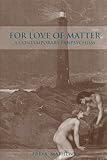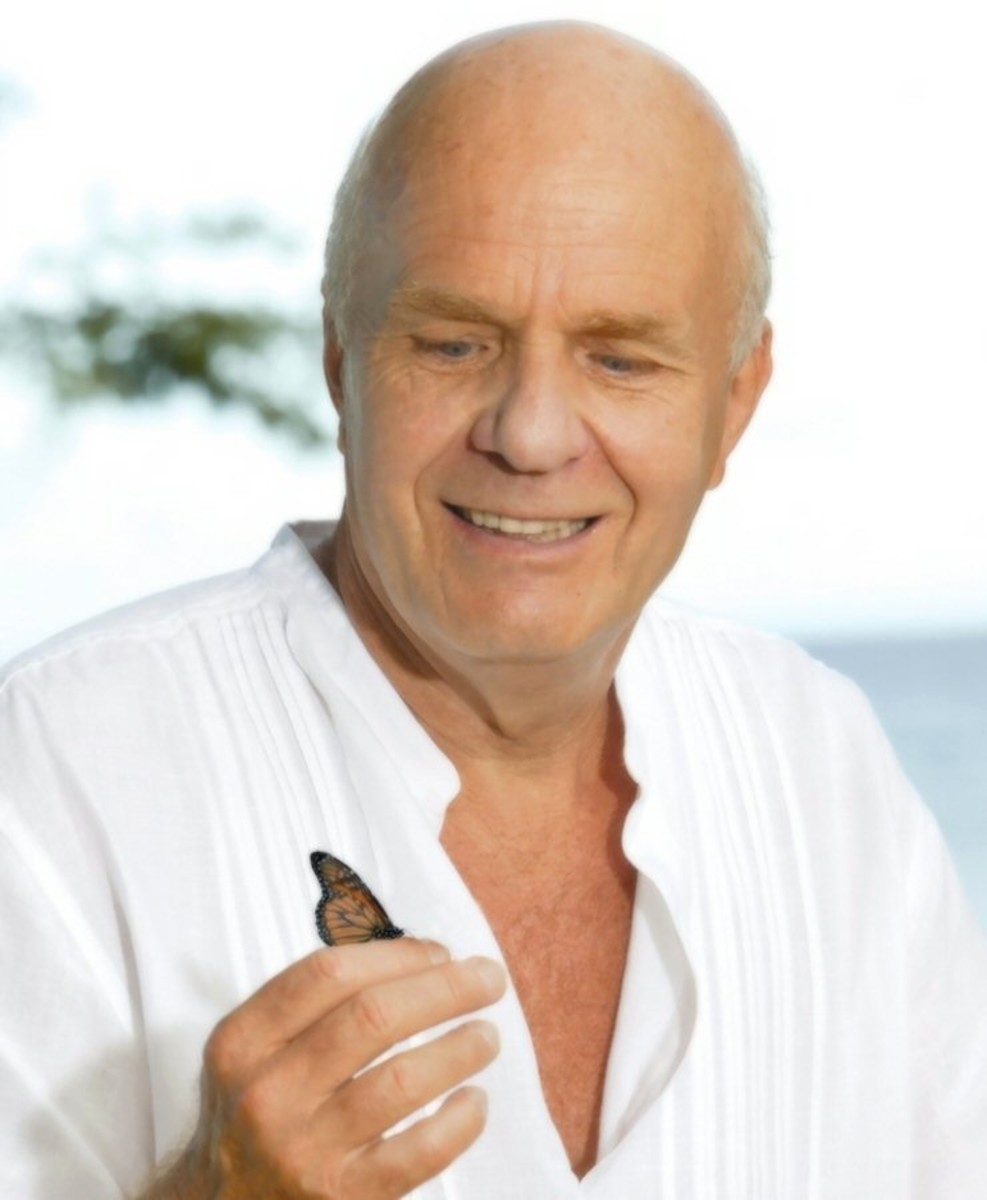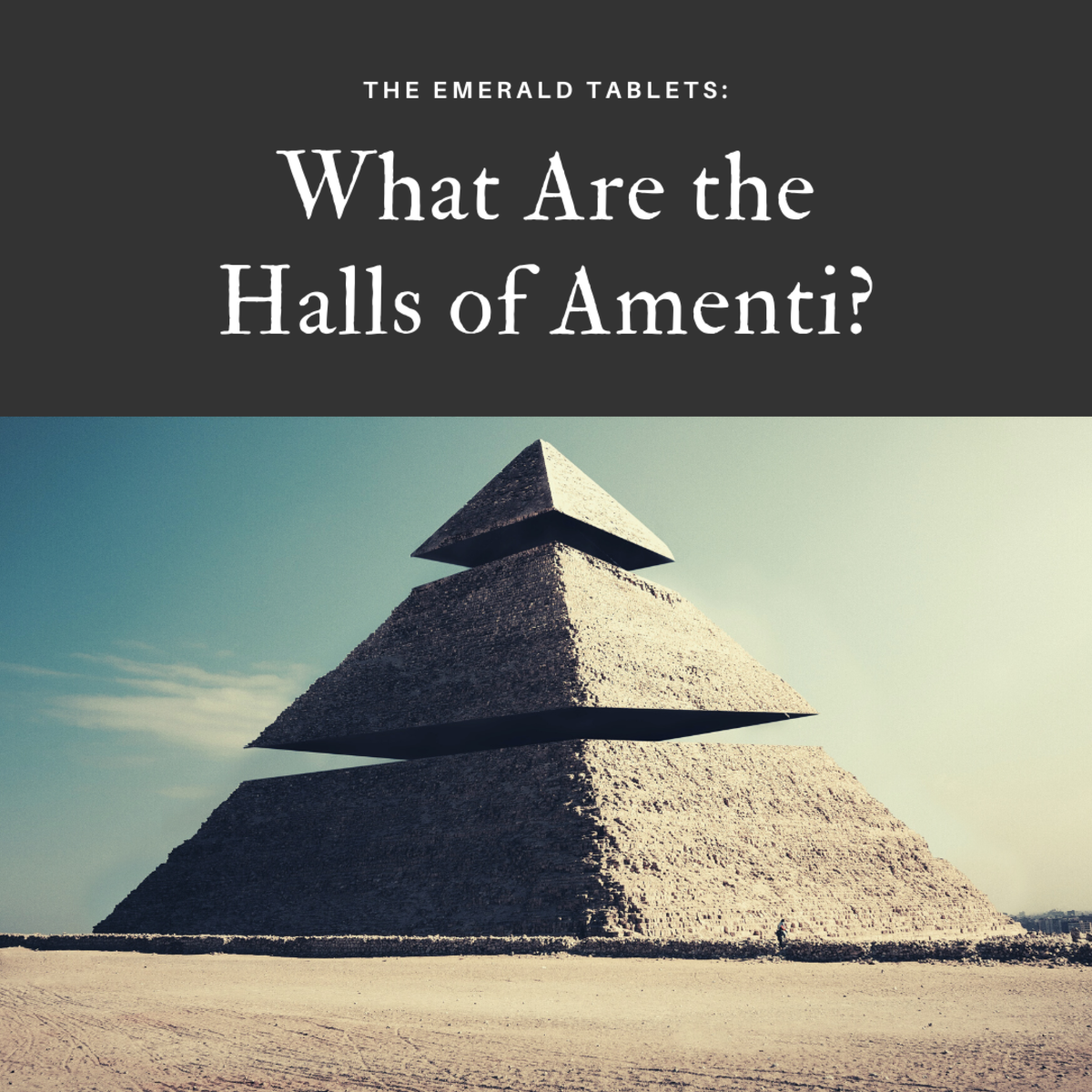Erotic Encounter as a Way of Life

Why?
What purpose does erotic encounter serve? Very simply, it serves to reconnect us with the world. By virtue of our unique language-based consciousness, human beings have lost touch with natural reality, and in the process invented an artificial reality that is disconnected from (our) nature. Unfortunately this artificial reality is self-destructive.
Extinction of species is nothing new, and maybe our own extinction is inevitable. But it seems to me that we still have some choice in the matter. To break free of the self-destructive cycle that we are caught up we need a more soulful way of being in the world, a worldview that reconnects with old, almost forgotten knowledge of our ancestors.
In short, the purpose of erotic encounter is to save us from ourselves.
How?
By what means can we encounter the nonhuman world erotically? In my own experience I know of at least two ways. One way is through music (or more generally, art and poetry), which is perhaps the most direct form of communciation. The other way is by getting out in and sensually experiencing nature (e.g. by hiking, biking, skiing, canoing, etc.) and the enchantment that she holds for those who pay attention. She is happy to take you for a ride on the wild side. But you have to know and respect her, because if you don't, she is just as happy to snuff you out.
Clearly many people already live a life of erotic encounter. During the 1960s there was a reawakening, of sorts, to that way of being. But owing to a strong cultural backlash it is still not (or no longer) widely perceived as being legitimate, and is often mistakenly coflated with hedonism. Hedonisim is self-indulgent, whereas erotic encounter is sensually empathatic, seeking intimate knowledge of the other.
The only way erotic encounter can become the cultural norm is for its practitioners to lead through example, and to "teach your children well". The potential is there. While it may never amount to anything more than a pipe dream, the seed has been planted. The only question is whether it will be given the opportunity to grow.
These days I think a lot about what comes next. Assuming that we as a species survive, what will be the next, as-yet unrealized stage of human evolution?
As a ‘civilized’ species we have arrived at a tipping point. The Western way of life—the ascendant culture that is the basis of the Global Economy—is unsustainable, and at present is quite unstable, having brought us to the brink of catastrophic ecological, economic and social collapse.
The Western way is motivated by the quest for profit and based on rational discourse extending from the Enlightenment myths of objectivity and mechanical determinacy—which, ironically but not coincidentally, fit the Judeo-Christian myth of an external deity like a glove.
Although the presuppositions underlying those myths are questionable, such deconstruction is not my intent here. Rather, I wish to explore an alternative approach that might provide a way out of the developmental trap that we have fallen into: a way of being that is not founded on discursive explanation (which often amounts to ego-inflating, ex post facto rationalization) or deference to authority (be it theological or academic), but rather on erotic encounter.
What, you ask, do I mean by that? The phrase ‘erotic encounter’ is sure to get a rise out of some folks. And that is to be expected—we are, at core, erotic creatures. To engage in erotic encounter is to engage, through our animal senses, in one another, and in the world.
For many folks the term ‘erotic’ is taken to be synonymous with ‘sexual’. In erotic encounters between people, sex can certainly come into play as a particularly effective way of lighting up the senses. But this is just a specific variation on a general theme: eroticism is more about sensuality than sexuality. That they have come to mean the same thing simply reflects that we humans (particularly those of us in the Western puritanical tradition) are so repressed. That repression also goes a long way toward explaining the unhealthy sexual objectification that permeates popular culture.
So, while erotic encounter can occur via sex, it need not and often does not. And moreover, it is not limited to that, and can be experienced in many different ways—for example, on a walk through the woods, while playing an instrument, in dance, gardening, carpentry, construction, mechanical repairs, etc. Anything that engages the senses affords the potential for erotic encounter. It is a way of connecting with the world that is at once more direct, caring, and encompassing than the ‘heady’ way of rational discourse, or the unconscious way of habit.
The word ‘erotic’ comes from Eros, the Greek god of love. To be erotic is to have an intimate exchange with an other. The word ‘encounter’ refers colloquially to an unexpected or chance meeting. In psychology ‘encounter’ refers to an authentic, harmonious meeting between individuals. Thus, to engage in ‘erotic encounter’ is to be intimate with (open to) whoever or whatever we happen to meet.
Now this is a scary thing, because to be intimate means that we have to make ourselves vulnerable to another being. And they may not have our best interests at heart. That is why most of us, if we participate in erotic encounter at all, only do so with a lover. With everyone else we are far more guarded. And while animals, plants, and ‘inanimate’ objects pose less of a psychic threat, most of us don't think of the non-human world as something we can open ourselves up to.
We humans have a hard time with intimacy, because we ponder things consciously, using verbal constructions to mull them over and banter them back and forth in discussion. But words are easily misconstrued, and the ability to think consciously makes us aware of both our mortality and the fact that lying and dissimilation can be used for self-serving ends. With self-consciousness, innocence is lost, and with it trust. As a result, erotic yearnings that make us vulnerable are repressed. This is the fall from grace described metaphorically in Genesis.
As scary as it may be, there are many reasons to work toward (a return to) erotic encounter as a way of life. First and foremost, it offers a route for humanity to reconnect with nature: by rediscovering our animal nature, we become more aware of and attuned to human nature. In this way we become more forgiving and less repressive of, and hence less controlled by, our baser instincts. Second, it overcomes the false dichotomy of Cartesian dualism, which holds that body and mind (a.k.a. ‘soul’) are separate entities. Third, in so doing, it helps free us from the mental trap of reductionism, which reinforces the need for external authority (and hence religion) by demanding that all causation be reduced to interacting entities motivated by some external force. And last but not least, it cultivates awareness of the subjectivity of each and every thing—awareness that others are, like oneself, subjective selves each in their own right.
This leads directly to panpsychism, the metaphysical proposition that all matter has a subjective or ‘mental’ aspect. If the subjective aspect of matter is acknowledged, the universe presents as a vague, unspecified self that purposefully strives toward its own realization, and in so doing, differentiates into many specified, individuated selves. This is essentially a developmental perspective: the One gives rise, by way of development, to the Many. This view is beautifully articulated by philosopher Freya Mathews in her book For Love of Matter: a Contemporary Panpsychism.
For those who are theologically inclined, panpsychism resonates with a pantheist notion of ‘God’. But one need not be a theist to embrace the way of erotic encounter. Quoting Mathews:
“From a panpsychist viewpoint, the aim is not to theorize the world, but to relate to it, and to rejoice in that relationship. For this we need practices of invocation and response—ritual practices, for instance, recovered and adapted from the great treasure houses of traditional religious forms. But the premier modes of address and celebration are surely poetry and song. A culture of encounter is a culture of poetry and song, poetry and song salvaged from their commodification as products of the entertainment and literary industries, and restored to their rightful place as participative arts of everyday life. All human praxes, at both collective and individual levels, can be transformed into ongoing conversation with an increasingly animated and responsive world through the mediation of song. To talk with the world in this way, to translate the mundane into the dream language of the poetic order, is truly to sing the world up, and to attune ourselves to the inexhaustible layers of its own unconscious-but-simultaneously-all-conscious song.
“The point is not to explain the world, but to sing it.”
A similar perspective is developed by David Abram in Becoming Animal: an Earthly Cosmology, a poetic essay that invites the reader to become a sensitive, and hence resonant, participant in nature, using our animal senses to experience life in a more empathetic way: in short, to encounter the world erotically. This is the Way of our animal ancestors, a way of life that we, by way of our heady discourse and technology, have forgotten. Quoting Abram:
“Despite all our giddy technological dreams, this vast and inscrutable land—drenched by the rains and parched by the summer sun—remains the ultimate ground, and the final horizon, of all our science. It is not primarily a set of mechanisms waiting to be figured out, this breathing land. It is not a stock of resources waiting to be utilized by us, or a storehouse of raw materials waiting to be developed. It is not an object.
“It is, rather, the very body of wonder—a shuddering field of intelligence in whose round life we participate. And if, today, this dreaming land has been forgotten behind a clutch of glowing screens that intercept the fascination of our focused eyes—if it has been eclipsed by styles of speaking that deaden our senses, and by machinic modes of activity that stifle the eros between our body and the leafing forests—then it is time to listen, underneath all these words, for the animal stirrings that move within our limbs and our swelling torsos. It is time to unplug our gaze from the humming screen, walking out of the house to blink and piss under the river of stars. There are new stories waiting in the cool grasses, and new songs...”
What then does erotic encounter as a way of life entail? It begins with awareness of, attention to, and respect for other selves external to one’s own self. Not just other human selves—but just as (if not more) importantly, other animal selves, plant selves, and the selfness of the world at large. This doesn’t require that we abandon rationality and the way of discursive explanation; only that we refuse to accept that that way and the way of erotic encounter are mutually exclusive. We must reject as mistaken the notion that the heady voice of objective reason can only be heeded if we repress the bodily voice of subjective nature that informs us not in words, but directly through intuition and sensual experience. Repression serves only as a defense.
There may have been a time when such defense was necessary and adaptive. But is it now, still? Repression served its purpose by lifting us out of our confusion at the dawn of human consciousness. But we have come a long way since then, and I expect that we are now ready for the next step in our evolution: to close the circle by reconnecting sensually with the world, and with each other.
It seems to me that erotic encounter as a way of life can help cure the self-destructive addictions of contemporary civilization: material acquisitiveness, and an obsessive desire to defend ego by repressively objectifying and thereby subjugating the other.
So take courage and try it. Hug a tree; converse with a bird, or a frog; lay down on the ground, and whisper heartfelt thanks to an earthworm for laboring to produce the fertile topsoil that provides you with food. Sing to the world. She will respond. She yearns for you to enter, to light up your senses and thus her own, to be enfolded by love.









